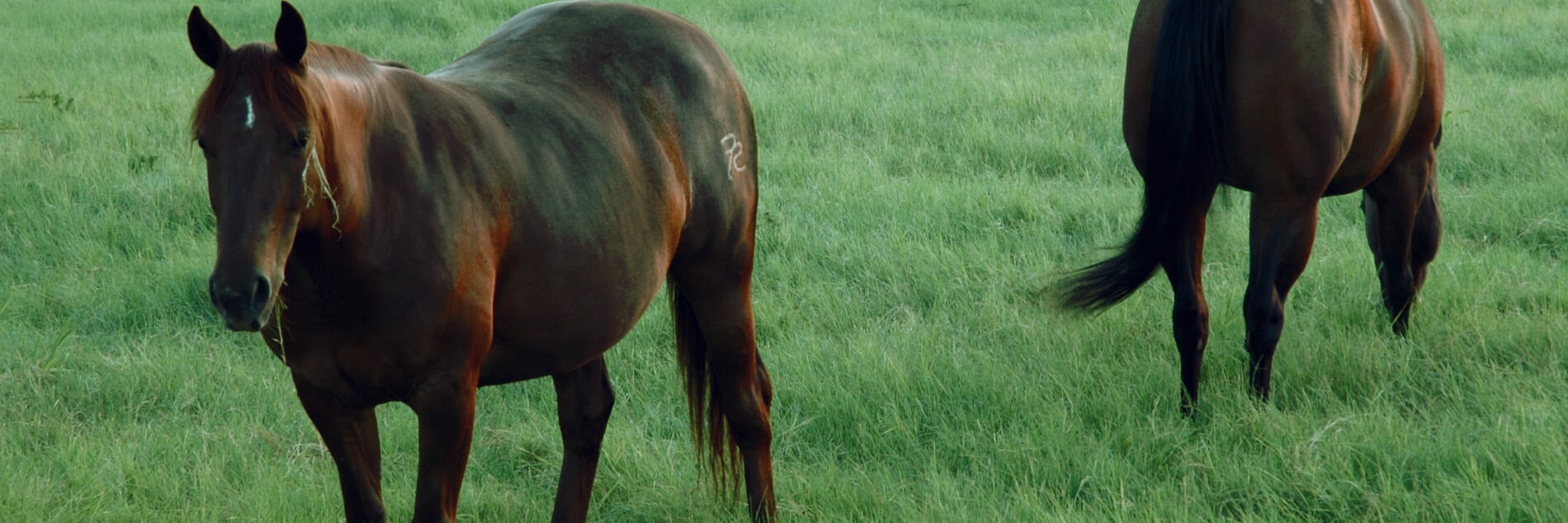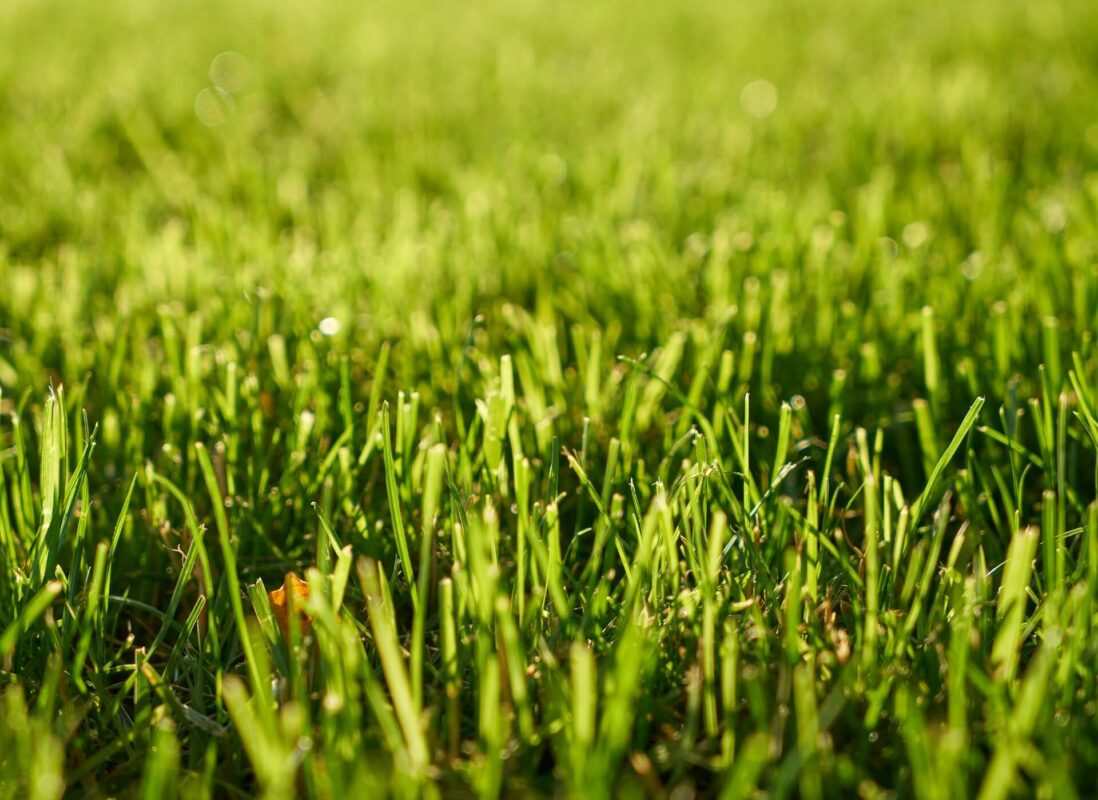Pasture Planting Instructions

Evaluate Your Needs
Decide if overseeding your existing pasture is adequate or if you need to start over fresh. Generally if a pasture contains 40% to 75% of a desirable species, then consider overseeding. If a pasture contains less than 40% of desirable species, then consider a full reestablishment.
Planting Date
Cool-season forage species should be planted in the spring or fall when your average high air temperatures are in the 60-75 degree range. Warm-season forage species should be planted in the late spring or early summer when average air temperatures reach the 80+ degree range. Seed mixes with both cool and warm season species are best planted in the spring.
Prepare the area (Option 1)
For new pastures or when reestablishing an existing pasture
Remove all existing vegetation. This can be accomplished with a primary tillage method (plowing, tilling, disking, etc.) followed by secondary tillage to smooth and firm the soil (harrowing, cultivating, cultipacking, etc.)
Prepare the area (Option 2)
For overseeding an existing pasture
Mow or graze the existing forage down to 4-6 inches. Drag a harrow to roughen the soil surface. The more scratches and grooves you can make the better. The goal is not to remove the existing vegetation, but to open up the ground slightly to achieve proper seed-to-soil contact.
Planting the seed
Sowing the seed with a broadcast spreader is the preferred method, especially for mixes with differing seed sizes. Drill seeding can also be very successful but works best with seeds of the same size.
Soil Contact
After broadcasting the seed, drag a harrow, roller, or some other type of equipment to work the seed into the soil to a depth of ¼ to 1/8 of an inch. If you used a seed drill to plant the seed this step can be skipped. It’s normal to see some seed remain on the soil surface.
Contant Moisture
Keep the area constantly moist during the germination period, approximately 15-30 days. If irrigation is unavailable, try to coordinate your planting time with your rainiest season.
When To Graze
Grab a handful of the new forage and pull up quickly. If the forage rips, it’s ready for regular grazing. If it pulls out by the roots it needs more time to establish.

